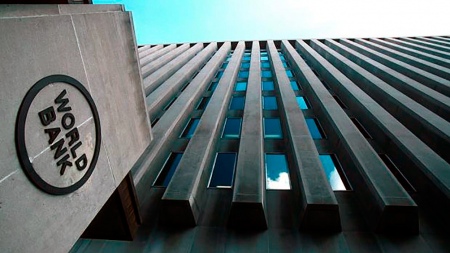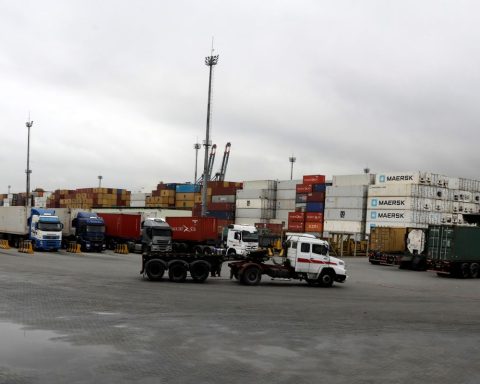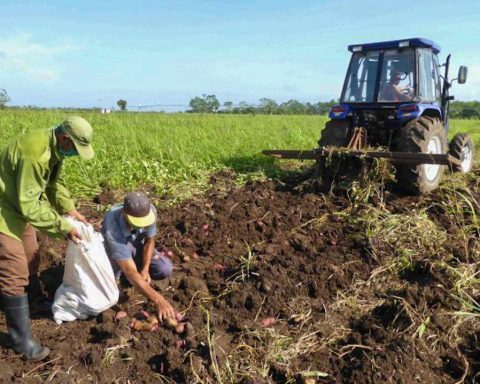The Board of Directors of the World Bank (WB) approved a financing of US$ 200 million to support the digital transformation of Argentina and contribute to closing the digital gap, through expand the connectivity offer, build a network of data centers and carry out training activities in digital skills aimed at people and companies.
“We are living in the century of the technology and knowledge revolution. The fight against poverty inexorably requires investment in infrastructure and equipment to narrow the digital divide. This financing program for Argentina is not only 200 million dollars but also the opportunity for thousands of girls and boys from all over the country to access connectivity and equipment to be able to reduce that digital divide”, said the Minister of Economy, Sergio Massa. , in statements consigned by a WB statement.
The project “Strengthening of the data infrastructure to close the digital divide in Argentina”plans to directly benefit some 350,000 residents in offline areas located in 300 localities, 350,000 national and subnational public sector employees, and 15,000 people, mostly women, who will receive training to strengthen their digital skills.
“The Covid-19 pandemic showed the enormous disparity in digital access. This project invests in digital inclusion to improve access and the quality of connectivity in the most disadvantaged rural areas,” said Jordan Schwartz, director of the World Bank for Argentina, Paraguay and Uruguay, adding that “universal connectivity and improved data infrastructure help ensure the continuity of digital service provision and access to new job and business opportunities.”

How the funding will be applied
In particular, the project will mainly finance three activities: on the one hand, the extension of the broadband infrastructure to provide Internet access in isolated areas; Likewise, it will attend the launch of four new data centers that will operate in a decentralized manner in the country.
This network aims to improve the resilience, efficiency and security of data, minimizing the impacts of possible climate shocks, and in addition, data centers will prioritize energy efficiency.
On the other hand, the training offer will be financed together with universities and local actors so that people and companies have the opportunity to improve their digital skills; and incentives will be given to design, test and implement digital solutions, including support for training aimed at the use of digital technologies applied to agriculture to promote efficiency and adaptation to climate change.
The project “Strengthening the data infrastructure to close the digital gap in Argentina” is a variable margin loan, repayable in 32 years, and has a grace period of 7.5 years, the World Bank specified.


















